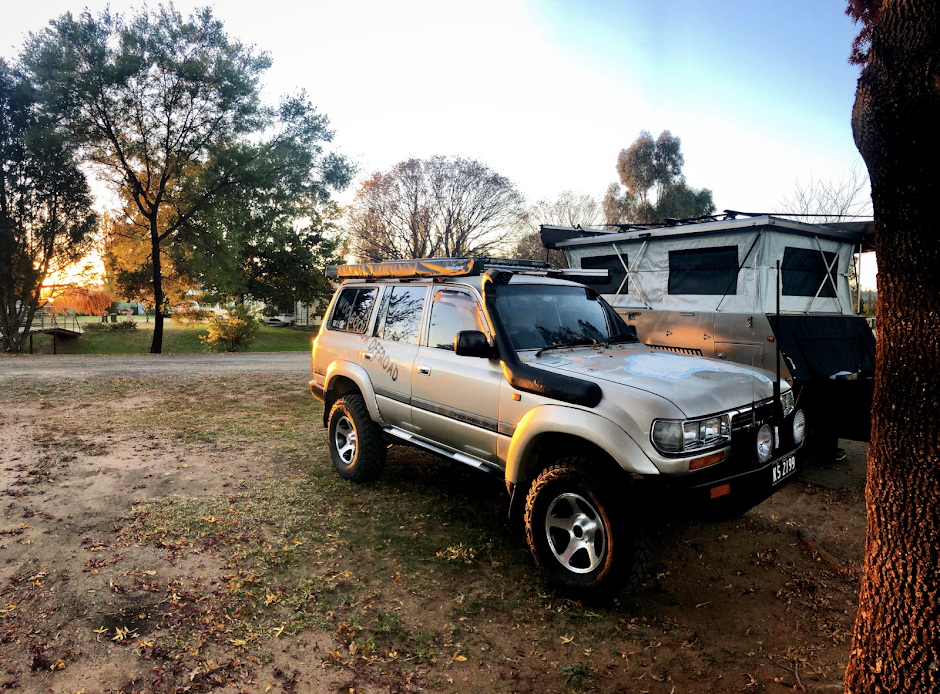When Coffs was settled back in the mid 1800’s it wasn’t long before people looked further afield for other fortunes, the push was on into the hinterland where rich fertile lands were found in the now Orara Valley. Typically back in the day settlers always looked for gold either through prospecting or when trees were being logged gold was discovered in the ground that was turned over. It was about 1894 when gold was found in some large quartz reefs in the hills surrounding the town, namely the Coramba King & Queen mines. These were a big affair, where dozens of miners dug away in the hills following the seams inlaid with the precious metal. Nearby in Star Creek more gold was found and the push was in to the west of town to extract the gold. Today you can still find the old drives ( tunnels ), pits, shafts and other workings along the creek. There was another settlement at the base of the nearby Mount Coramba where Beacon was an active ‘town’ with the usual shops, blacksmith, doctor, school etc and in the nearby Orara Valley farms were being established to grow crops to feed the growing hordes that were settling in the area.
Coramba was booming in 1870. With all this activity it wasn’t long before a settlement was officially declared in 1880. With the rags and riches in the town a court house with adjoining lockups ( 2 gaol cells with yard ) was built to control the wild miners and store the gold before it was shipped away. The building was designed by WL Vernon in 1899 but today it’s the towns police station and residence with a heritage listing. Meanwhile down the street the local pub has had a chequered past from when it was originally built in 1910 with a Queenslander influence but sadly that building was burnt to the ground some 30 years later. Originally called the Coramba pub the name changed to the Hampton Hotel ( the name is still on the front of the pub ), but when it was rebuilt quickly in 1941 ( can’t have thirsty miners !! ) in an art deco style the name went back to the Coramba Hotel. Today inside the pub there is an array of memorabilia from the past highlighting the wonderful history in the area.
Back in the 1980’s through to several years ago it was pretty easy to find some of the larger mines that kicked off Coramba’s settlement, tour guides used to take groups to the mines where large timber frames held back the earth at the mines entrance, then later on massive steel gates were put across the front to stop people entering. Unfortunately over time, the wood has rotted out, people have stolen the gates for the steel and weathering has collapsed the front of the mines. Lost to the environment. With the raging bushfires at the moment one of the positives for the history buffs, explorers and the gold hunters is that the low build up of dense scrub will of been burnt away hopefully exposing relics, new mines or even opened up tracks to the older mines for years to come. Over the years we have discovered mine relics that have been left behind from old shakers, sluices,
tractors, mine whinze’s, steel wheels even a 5 head stamper, but overtime the bush has swallowed these pieces up.
These days Coramba is a boutique village that sits away from the coastal hustle and bustle, where the grass always seems green, the locals and businesses are proud of what they have and the Orara River flows freely north towards Grafton before heading out to sea. There’s a large population of descendants in Coramba where their roots are firmly planted from ancestors who settled in the valley. It’s one of our most beautiful towns in the area where relaxing Sunday drives and a casual stroll up the main street can be the thing to do followed by a pub feed & cool drink at Coramba’s local while looking out across their stunning vista.




No comments:
Post a Comment